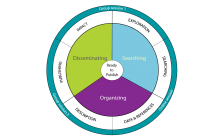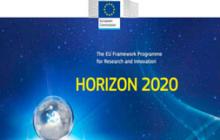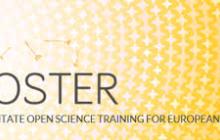Courses
 Unless otherwise stated, all materials created by the FOSTER consortium are licensed under a CREATIVE COMMONS
ATTRIBUTION 4.0 INTERNATIONAL LICENSE.
Unless otherwise stated, all materials created by the FOSTER consortium are licensed under a CREATIVE COMMONS
ATTRIBUTION 4.0 INTERNATIONAL LICENSE.
 This project has received funding from the European Union’s Seventh Framework Programme for research,
technological development and demonstration under grant agreement no 612425.
This project has received funding from the European Union’s Seventh Framework Programme for research,
technological development and demonstration under grant agreement no 612425.
This project has also received funding from the European Union's Horizon2020 programme for research,
technological development and demonstration under agreement no 741839.













